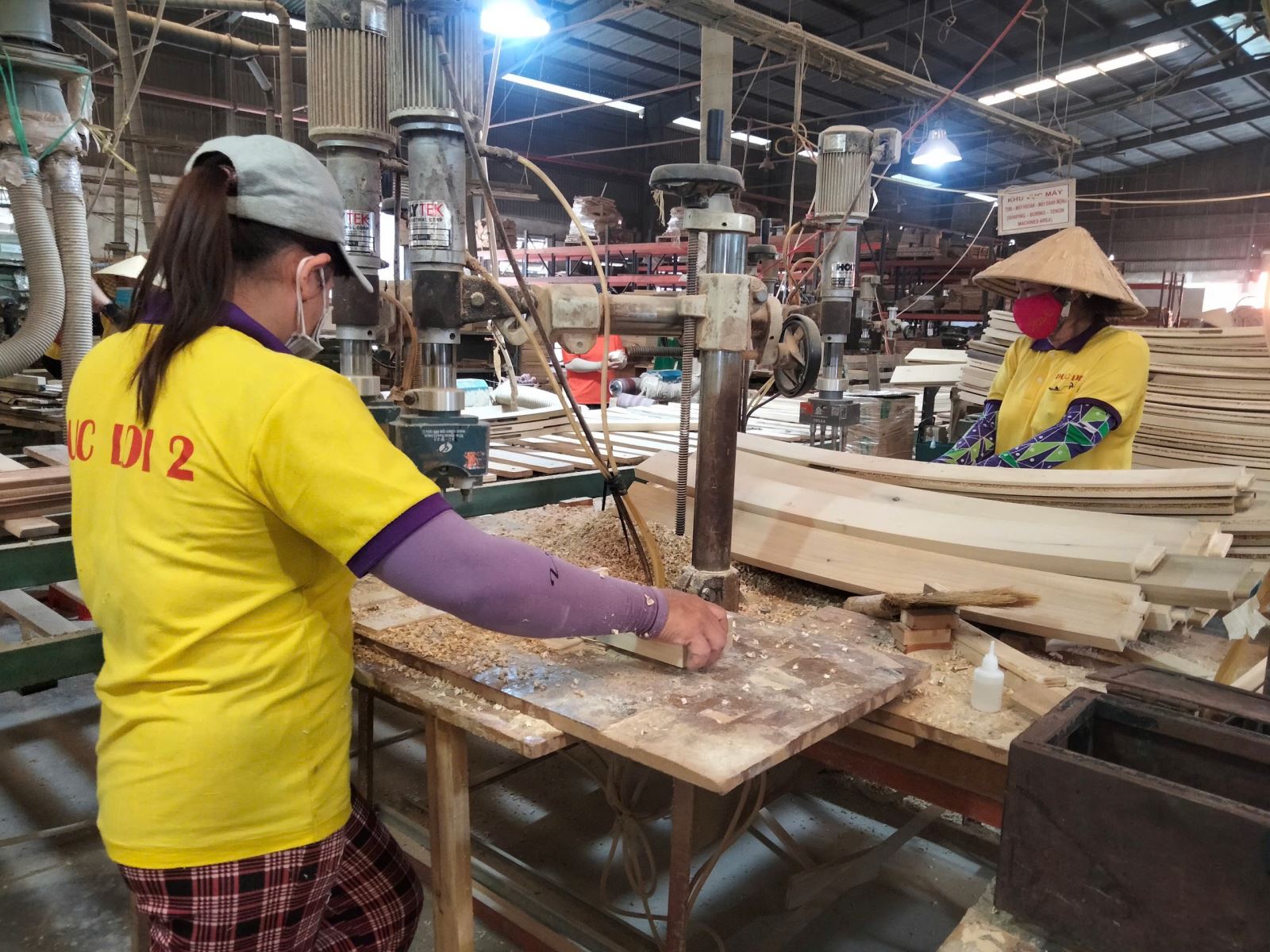
Repositioning the market, proactive from internal strength
The United States is currently the second largest export market for Ho Chi Minh City and many key industries of Vietnam such as textiles, footwear, electronics. The United States' consideration of imposing tariffs of up to 46% on Vietnamese goods, although not yet effective, has forced many businesses to consider unprecedented response scenarios.
Mr. Vu Do Khanh, Executive Director of the POLAB Policy Experimental Unit, former Energy Policy Advisor for the G20 group, said that the tax payer is the importing company in the US, but the ultimate consequence still falls on Vietnamese manufacturers when the price of goods skyrockets and they lose competitiveness.
In the global value chain, each link is affected when there are major policy changes. Vietnamese enterprises, which are at the lower value end of the chain, will be the first to suffer if they do not proactively improve their internal strength.
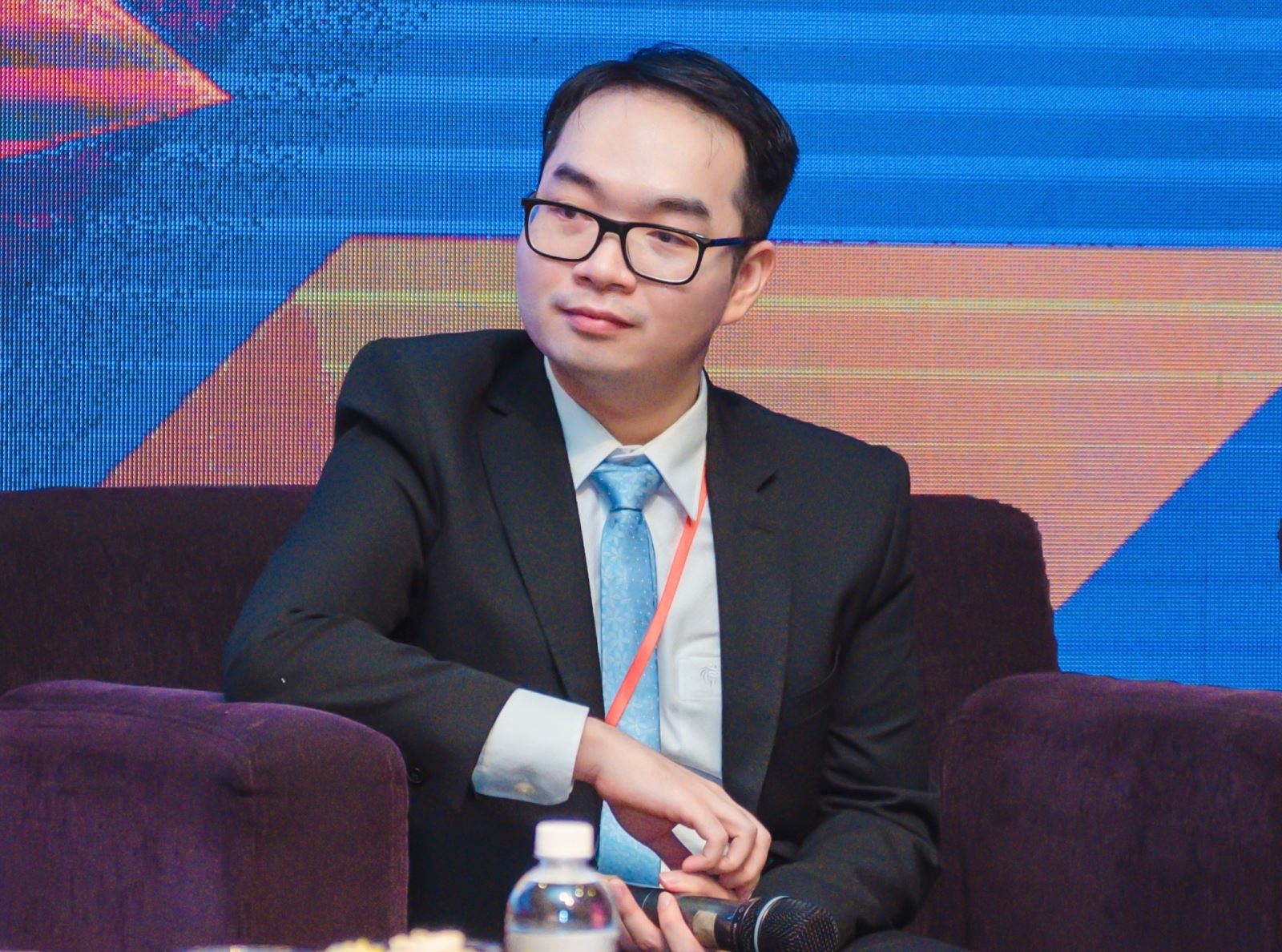
Since March, many businesses in the textile, footwear, wood and other industries with high export proportions to the US have had their contract negotiations postponed or canceled. A representative of an industry association in Ho Chi Minh City said that as soon as information was received that the US was preparing to apply reciprocal tariffs on many Vietnamese products, some businesses were forced to temporarily lay off workers because they had no new orders. If the proposed 25% or even 46% tax rate were actually applied, some Vietnamese products would almost lose their competitiveness.
However, according to Prof. Dr. Tran Ngoc Anh (Indiana University, USA), this crisis is also a time for restructuring. "Instead of focusing only on quantity growth, this is an opportunity to adjust export strategies, targeting high-end segments and expanding into service exports," said Prof. Dr. Tran Ngoc Anh.
Faced with tax barriers, some Vietnamese businesses have begun to change direction. Mr. Pham Van Dung, CEO of TimeSea Seafood Company (Binh Tan District) said: “We are transferring part of our orders to Europe, Japan, and South Korea. To do this, the company must invest in ASC certification for farming areas, modern processing technology, and a traceability system. However, opening new markets is not simple. Each market comes with technical barriers and high requirements for information transparency. Only by improving real capacity can we retain a demanding market for a long time."
According to Mr. Vu Do Khanh, currently, instead of focusing on which market has the highest profit, Vietnamese enterprises need to proactively choose strategic markets, build strong enough internal capacity to turn around when there are fluctuations. Reality shows that relying only on a few large markets such as the United States is too risky. Therefore, the unit is consulting many enterprises to build a cross-border order management system, thereby controlling the supply chain and sustainable added value for the enterprise.
Restructuring the value chain, investing for sustainability
In industries with rapid changes, electronics, processing, manufacturing, and food enterprises are proactively dispersing their production chains. At the Ho Chi Minh City High-Tech Park, some FDI enterprises have transferred orders to Thailand and Indonesia to reduce the risk of being investigated by the United States for origin. Mr. Nguyen Van Hoa, Director of an electronics enterprise at the Ho Chi Minh City High-Tech Park, said: “We are studying to open more factories in the Philippines, Thailand, Indonesia, Japan... to avoid dependence on a single point of origin like the United States. Currently, these markets also have many incentives and support policies for Vietnamese enterprises.”
On the other hand, many domestic enterprises are changing their roles, from processing units to proactively designing, manufacturing and building their own brands. Some enterprises have connected directly with retail chains in developed markets such as the EU and Japan instead of going through intermediaries. "Sustainable export is not about making quick profits but the ability to survive many fluctuations. Therefore, enterprises that want to survive many fluctuations need to build a strong internal strength, which means having quality and reputable products," Mr. Khanh emphasized.
From a management perspective, the Ho Chi Minh City government has also proactively met with businesses to acknowledge the impacts and difficulties of businesses if the US continues to apply high tariffs. Mr. Bui Ta Hoang Vu, Director of the Ho Chi Minh City Department of Industry and Trade, said: “We are closely following developments from the US side, coordinating with customs to shorten procedures and reduce clearance time for businesses; actively supporting businesses to update standards and promptly process tax refunds. Specifically, at the Customs Branch of Region II, container screening has replaced direct inspection, helping to save time and costs for goods exported and imported to other countries more easily."
At the same time, according to Mr. Vu Do Khanh, the construction of logistics capacity, supporting industry and export services needs to be invested in more systematically. Because a business that wants to develop sustainably cannot always pursue low costs. The real value lies in the design capacity, technology and adaptability of the business in all circumstances or external impacts.
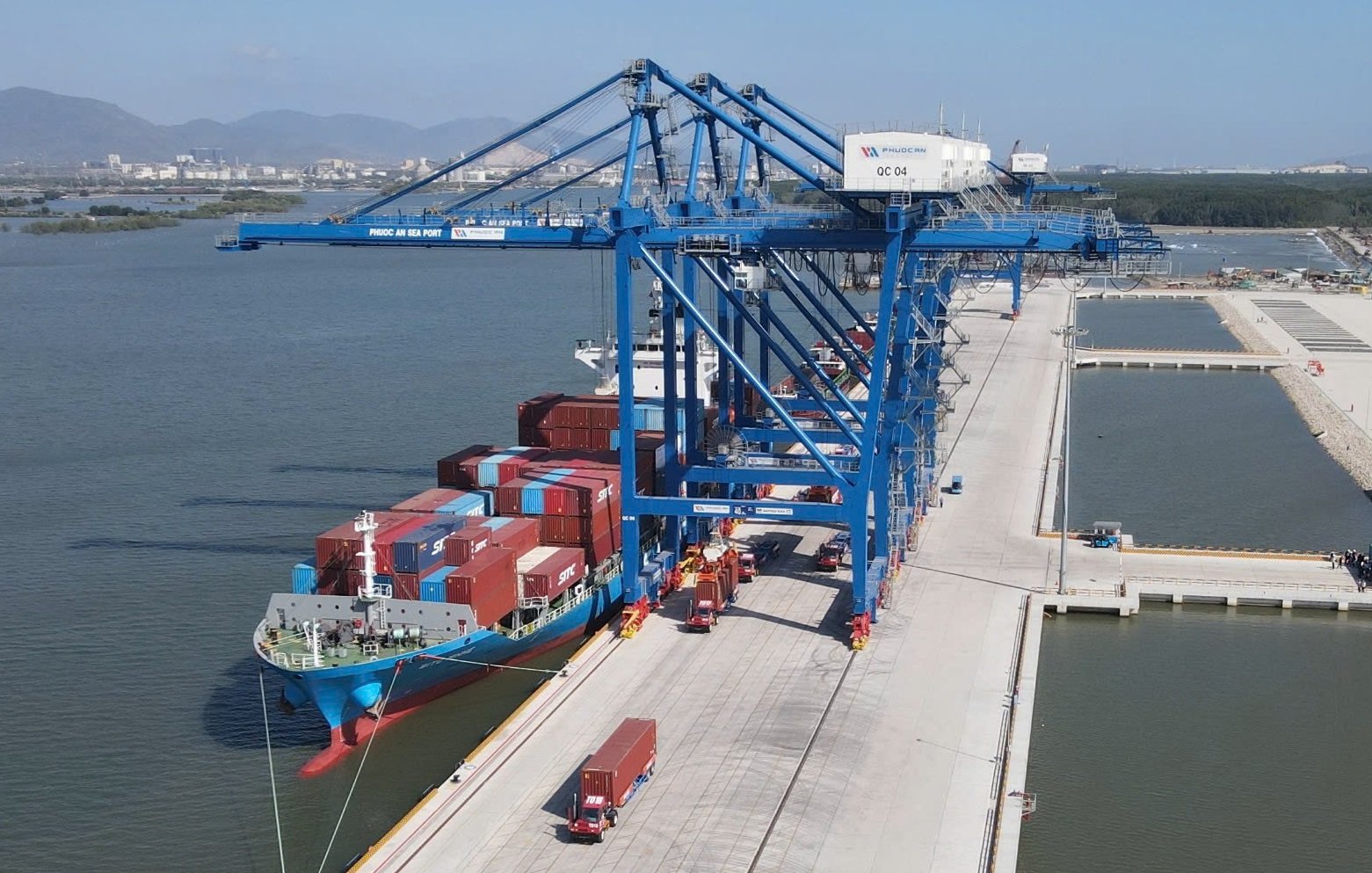
Ms. Vu Kim Hanh, Chairwoman of the Association of High-Quality Vietnamese Goods Enterprises, said that Ho Chi Minh City enterprises have a tradition of being dynamic and adapting quickly. This is the time to stay calm and determined to expand to markets with more sustainable potential. Enterprises that want to expand their markets, first of all, need to promote and introduce their products to other countries, and second, they need to focus on investing in technology to improve product quality and reduce additional costs...
The US tax policy situation, although temporarily suspended, is still a strong warning about the "fragility" of Vietnam's export structure. According to Mr. Bruno Jaspaert, Chairman of EuroCham Vietnam, Vietnam is on the right track in restructuring the economy but still needs to be cautious in the face of shocks from major economies. About 39% of European businesses in Vietnam are currently concerned about tax and price policies from this country.
"In that context, proactive thinking, methodical investment and technology application are becoming bright spots. Each crisis is a test. Enterprises that overcome this fluctuation will be more mature and have a stronger position in the global supply chain. It can be said that the US's temporary suspension of tariffs is like a pause in a fluctuating music. The mettle of Vietnamese enterprises is to know how to take advantage of that pause to accelerate, prepare for the long journey to reach more diverse markets, more valuable products and a stronger position on the world trade map," Mr. Vu Do Khanh assessed.
Source: https://doanhnghiepvn.vn/doanh-nhan/doanh-nghiep-viet-can-tai-cau-truc-nang-cao-nang-luc-de-ung-pho-voi-rui-ro-tu-thue-suat/20250418092204919






![[Photo] Buddha's Birthday 2025: Honoring the message of love, wisdom, and tolerance](https://vphoto.vietnam.vn/thumb/1200x675/vietnam/resource/IMAGE/2025/5/12/8cd2a70beb264374b41fc5d36add6c3d)

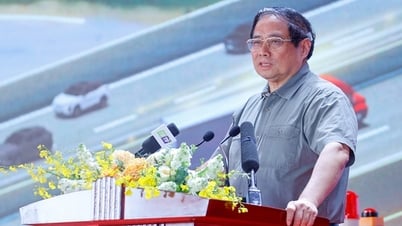


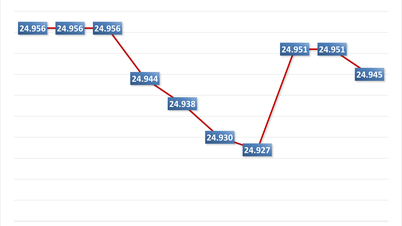
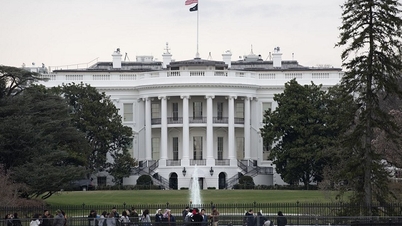





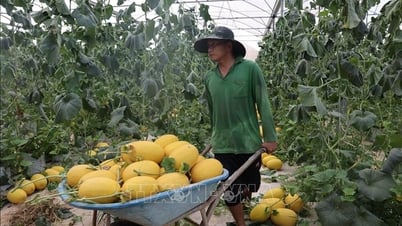
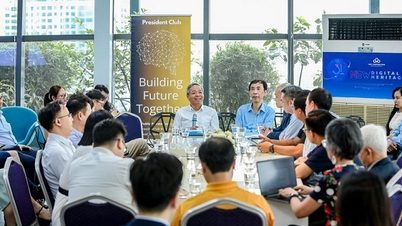


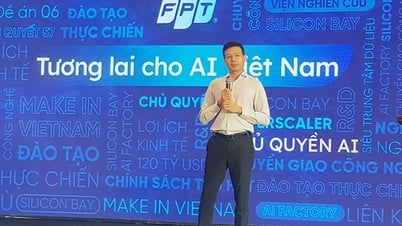

![[Photo] General Secretary To Lam arrives in Minsk, begins state visit to Belarus](https://vphoto.vietnam.vn/thumb/1200x675/vietnam/resource/IMAGE/2025/5/11/76602f587468437f8b5b7104495f444d)
![[Photo] General Secretary To Lam meets and expresses gratitude to Vietnam's Belarusian friends](https://vphoto.vietnam.vn/thumb/1200x675/vietnam/resource/IMAGE/2025/5/11/c515ee2054c54a87aa8a7cb520f2fa6e)










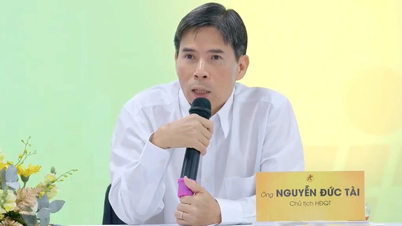



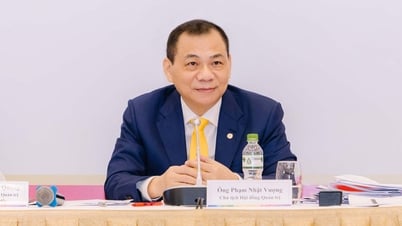







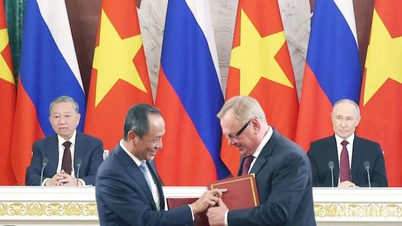



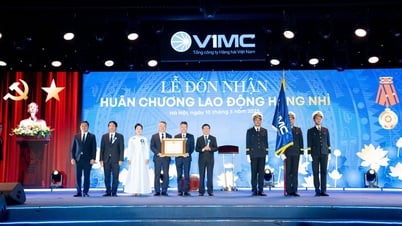


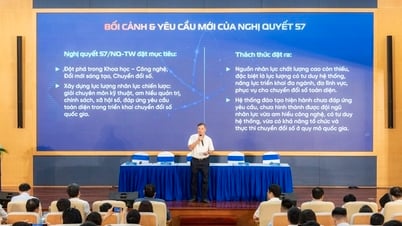
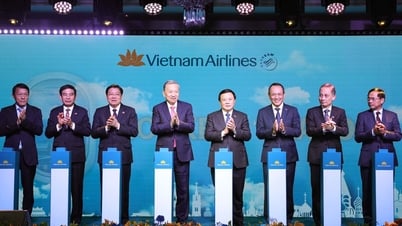


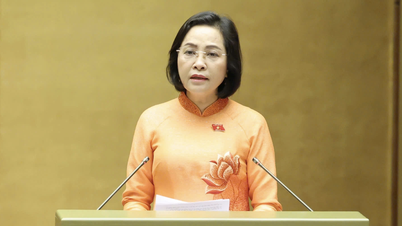


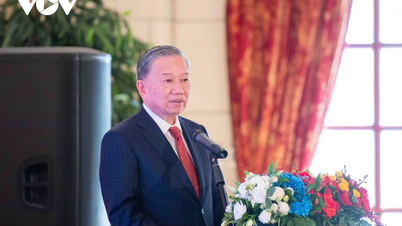

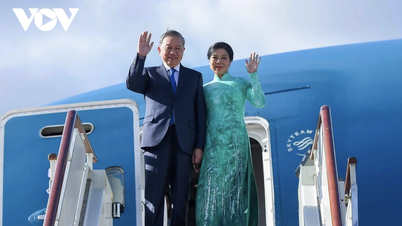



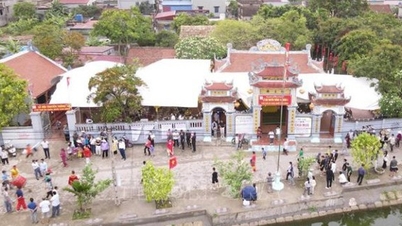

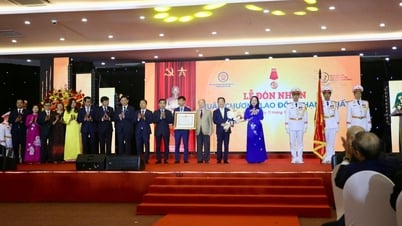


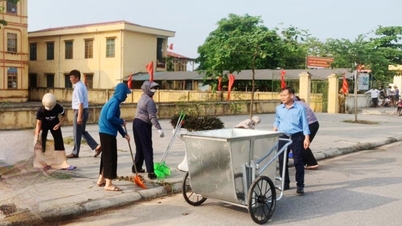

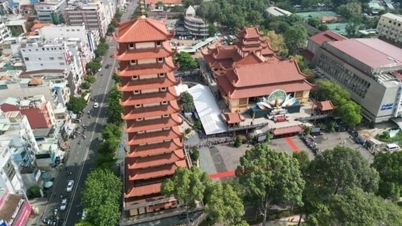


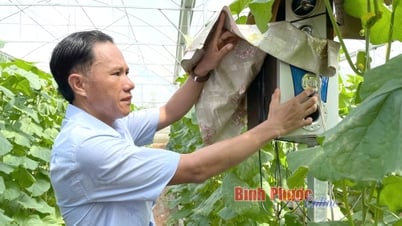

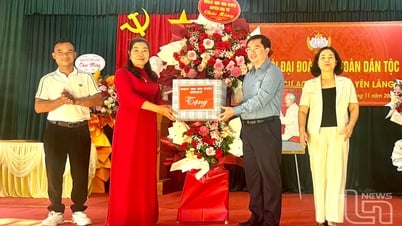

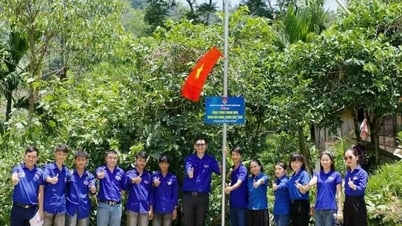











Comment (0)